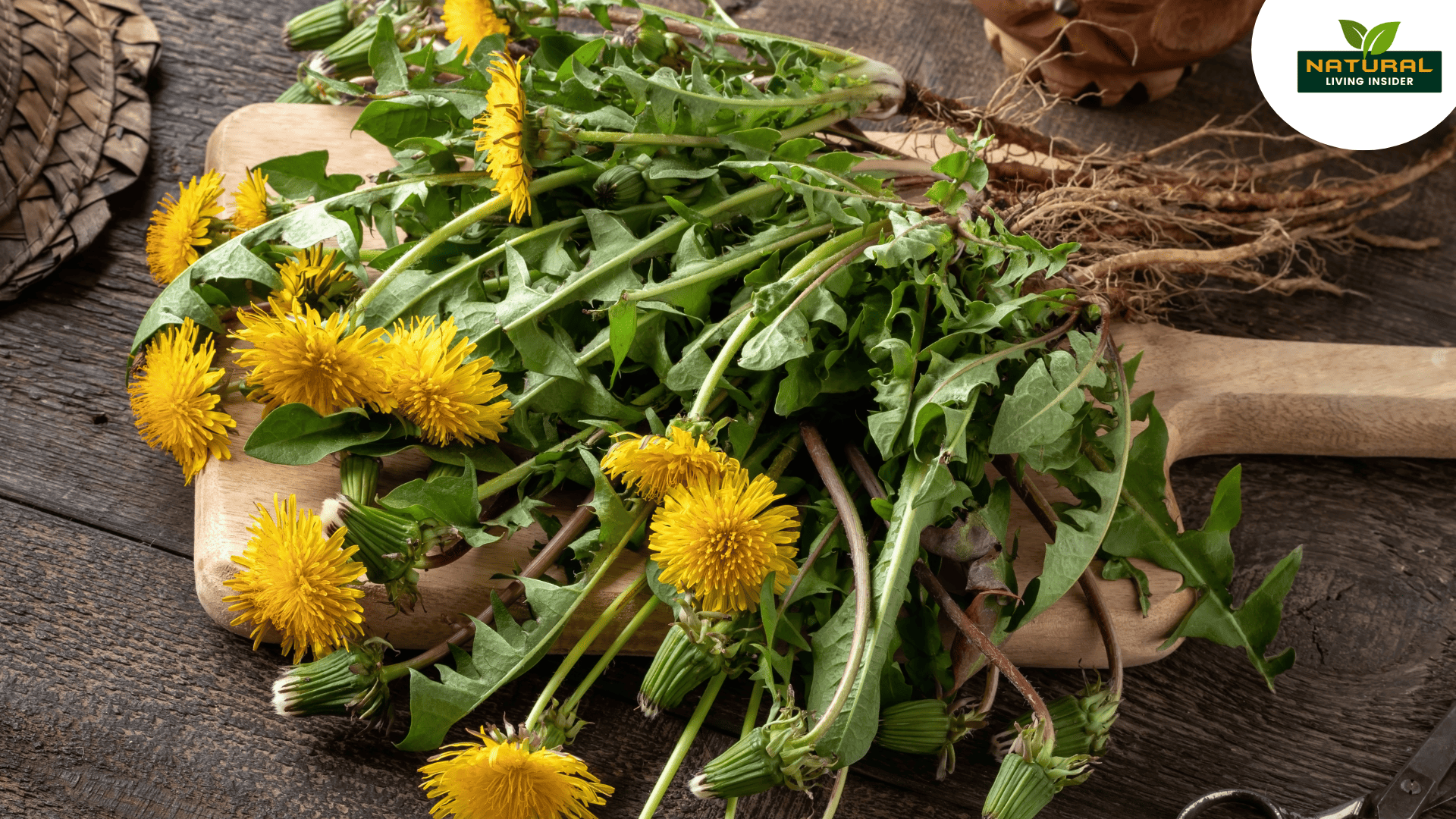
Discover the natural power of dandelion—an herb with a rich history of healing and vitality. Explore our guides, tips, and products to unlock the hidden benefits of this remarkable plant for your health, skin, and lifestyle.
Table of Contents
What is Dandelion?
Dandelion is more than just a common weed—it's a powerhouse of nutrients and healing compounds that people have valued for centuries. From the roots to the flowers, every part of the dandelion plant offers unique benefits for your health.
Key Benefits of Dandelion
- Liver Support: Dandelion helps detoxify the liver and promotes healthy digestion.
- Digestive Health: Dandelion eases bloating, indigestion, and supports gut health.
- Skin Care: Dandelion provides anti-inflammatory and antioxidant properties for clearer skin.
- Rich in Nutrients: Dandelion is packed with vitamins A, C, and K, as well as iron, calcium, and fiber.
- Immune Boosting: Dandelion contains antioxidants that support a strong immune system.
Dandelion in Wellness
- Herbal Remedies
Use dandelion to support your wellness journey. From teas that soothe digestion to tinctures for liver health, dandelion serves as a versatile herb with numerous applications. Explore our guides on how to incorporate dandelion into holistic healing. - Skincare Solutions
Discover how dandelion benefits your skin. Whether you’re dealing with acne, redness, or signs of aging, dandelion can rejuvenate and restore your skin’s natural glow. Explore our tips on DIY skincare with dandelion. - Natural Supplements
Add dandelion to your daily health regimen. Our range of organic dandelion supplements helps promote vitality, detoxification, and overall well-being.
Medicinal Properties of Dandelion
Dandelion is more than a culinary herb; it offers a treasure trove of medicinal properties that contribute to holistic health:
- Diuretic Effects: Dandelion acts as a natural diuretic, increasing urine production to help flush excess fluid from the body without depleting potassium—a common side effect of synthetic diuretics.
- Anti-Cancer Potential: Recent studies have explored dandelion root extract for its potential anti-cancer effects, particularly in targeting certain cancer cells without harming healthy cells.
- Anti-Microbial: Dandelion contains compounds that may inhibit the growth of certain bacteria and fungi, making it a mild natural antibiotic.
- Pain Relief: Dandelion works as a mild analgesic, especially for joint pain due to its anti-inflammatory effects.
Traditional Uses of Dandelion
Throughout history, people have relied on dandelion in folk remedies and traditional practices:
- Tea for Digestion: In Europe, people have used dandelion tea as a remedy for digestive issues, stimulating bile production and soothing upset stomachs.
- Poultices for Skin Conditions: Traditionally, people crushed dandelion leaves and applied them as a poultice to treat skin ailments such as eczema, acne, rashes, and stings.
- Wine and Fermentation: People have used dandelion flowers to make traditional dandelion wine, a light and floral alcoholic beverage enjoyed for centuries.
- Blood Tonic: In herbal medicine, people consider dandelion a blood purifier, helping cleanse the bloodstream and improve circulation.
Dandelion in Cooking
Dandelion’s versatility extends to the kitchen, where it adds a nutritious and slightly bitter flavor to dishes:
- Fresh Leaves: Young dandelion leaves are perfect for salads, offering a peppery, slightly bitter taste similar to arugula. They can also be sautéed like spinach for a warm side dish.
- Dandelion Flowers: Bright yellow flowers can be used to make dandelion wine, syrups, or added to salads for a splash of color.
- Dandelion Roots: Roasted dandelion roots serve as a caffeine-free coffee substitute with a rich, earthy flavor. The roots can also be added to soups and stews for a nutritious boost.
- Teas and Infusions: Brew dandelion leaves and roots into herbal teas that support digestion, detox, and overall health.
How to Grow Dandelion
Growing dandelions is easy because they are hardy plants that adapt well to various environments. Here's a simple guide:
- Choose a Location: Dandelions grow best in full sun but can tolerate partial shade. They prefer well-drained soil with a neutral to slightly acidic pH.
- Planting: Plant dandelion seeds directly in the ground or in pots. Sow seeds in early spring or fall, lightly pressing them into the soil without covering them completely, as they need light to germinate.
- Watering: Keep the soil moist but not waterlogged. Dandelions are drought-resistant, so they can survive with minimal watering once established.
- Harvesting: Harvest the leaves when they are young and tender, before the plant flowers, for the best flavor. Harvest the roots in the fall when they reach peak nutritional value.
- Maintenance: Dandelions require low maintenance. Regularly remove older leaves to encourage new growth. If growing for culinary use, consider planting in a dedicated area to keep them from spreading too much.
Nature offers us incredible gifts, and dandelion stand as one of its most powerful and underappreciated treasures. Whether you seek to improve your health, enhance your skincare routine, or explore the vibrant flavors of this versatile herb, dandelion offers a wealth of benefits that can support a holistic, healthy lifestyle.



